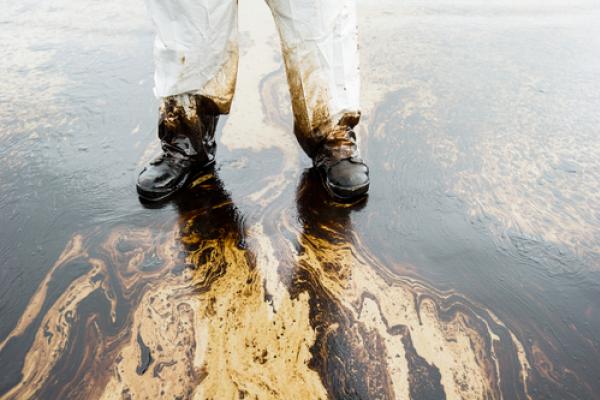Occurrences of oil spills in several states have garnered little media attention in the last few years. In some cases, prompt reports are recorded, yet in others, days have gone by before the authorities are alerted and the spill becomes public knowledge.
The most recent episode happened Oct. 15, in Port of Long Beach, Calif. Upon discovery of an oil leak, Exxon Mobil announced that it was temporarily suspending operations of its pipeline system. The pipeline, which connects to the company’s refinery in Torrance, carries up to 155,000 barrels of oil per day. Exxon filed documents with the California Emergency Management Agency that claimed the leak did not affect waterways, although the company was ordered to pay a $236 million fine for contaminating groundwater in New Hampshire this past April.
Another spill was initially discovered on Sept. 29 by North Dakota farmer Steve Jensen, the Associated Press reported. While harvesting wheat, Jensen discovered the leak in his field “spewing and bubbling 6 inches high.” The rupture was a break in Tesoro Corporation’s underground pipeline. While it remains unconfirmed, early evidence cites that corrosion on the 20-year-old pipeline is the cause of rupture. At least 20,600 barrels of oil flooded the 7-acre spill zone, equal to about 7 football fields.
The delay in making public North Dakota’s oil spill proves as worrisome as the spill itself. It took 11 days after the spill’s discovery for it to become public knowledge. Officials claim they were not aware how extensive the spill was, but critics point to the state’s financial benefits in the recent gas and oil boom as reason for the authorities’ hesitancy in coming down on oil companies. But economic incentives shouldn’t diminish the serious need to weigh environmental risks and costs.
The cases begin to pile up.
Read the Full Article

